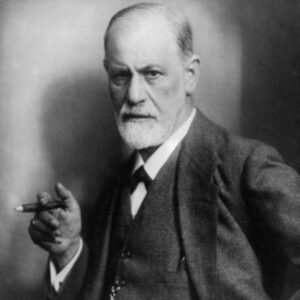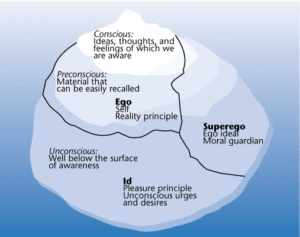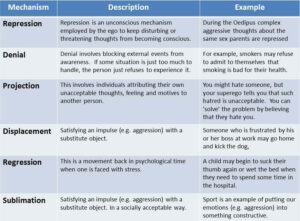
Sigmund Freud (1856-1939) was an Austrian neurologist and the founder of psychoanalysis. Although his findings and theories are very controversial, he is one of the most influence people in the field of psychology. His ideas have become interwoven into the fabric of our culture, with terms such as “Freudian slip”, “repression”, and “denial” appearing regularly in everyday language. His innovative treatments of human actions and dreams had massive implication for a wide variety of fields like psychology. He also helped push the study of the mind and greatly influenced the study and understanding of human psychological development.

Freud’s theories and techniques led largely to evaluating our interpretations of human behavior. His theory states that we all have three parts to our personality; the id, the ego, and the superego. The id consists of basic biological urges and instincts like hunger, thirst, and sexual impulses. It also operates in the unconscious level. The ego is put in place to balance the id’s and the superego’s needs. It seeks to please the id’s drive in realistic ways. The ego is found in the unconscious and conscious. Lastly, the superego operates in the conscious and subconscious of the mind. It is alert to the real world and makes sure the demands of the id are satisfied morally.

Freud’s Mechanism of Defense defense was thought of as psychological “weapons” that your ego uses to protect you from your self-created anxiety. It was used as a way to prevent your ids bad impulses from entering your consciousness. There are six different forms of defense mechanisms that Freud thought we used. The implications from this idea was that nearly everyone uses a way to help them cope at some point in their lives. It help reduce unhealthy physiological activity.
Although Freud’s work may be criticized today as non-scientific, there is no question that he had a huge impact on psychology. His ideas are now a part of public awareness, even though often we do not realize their origins are from his psychoanalytic tradition.
Sites: